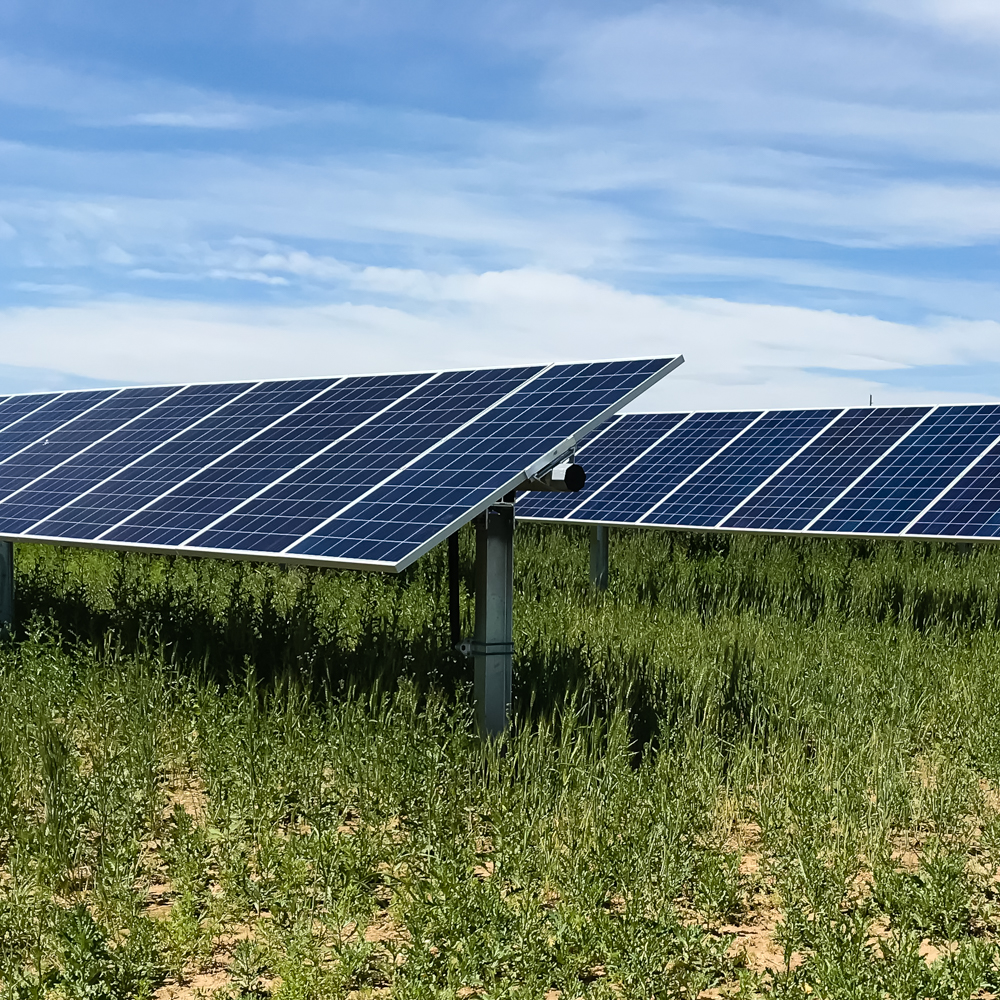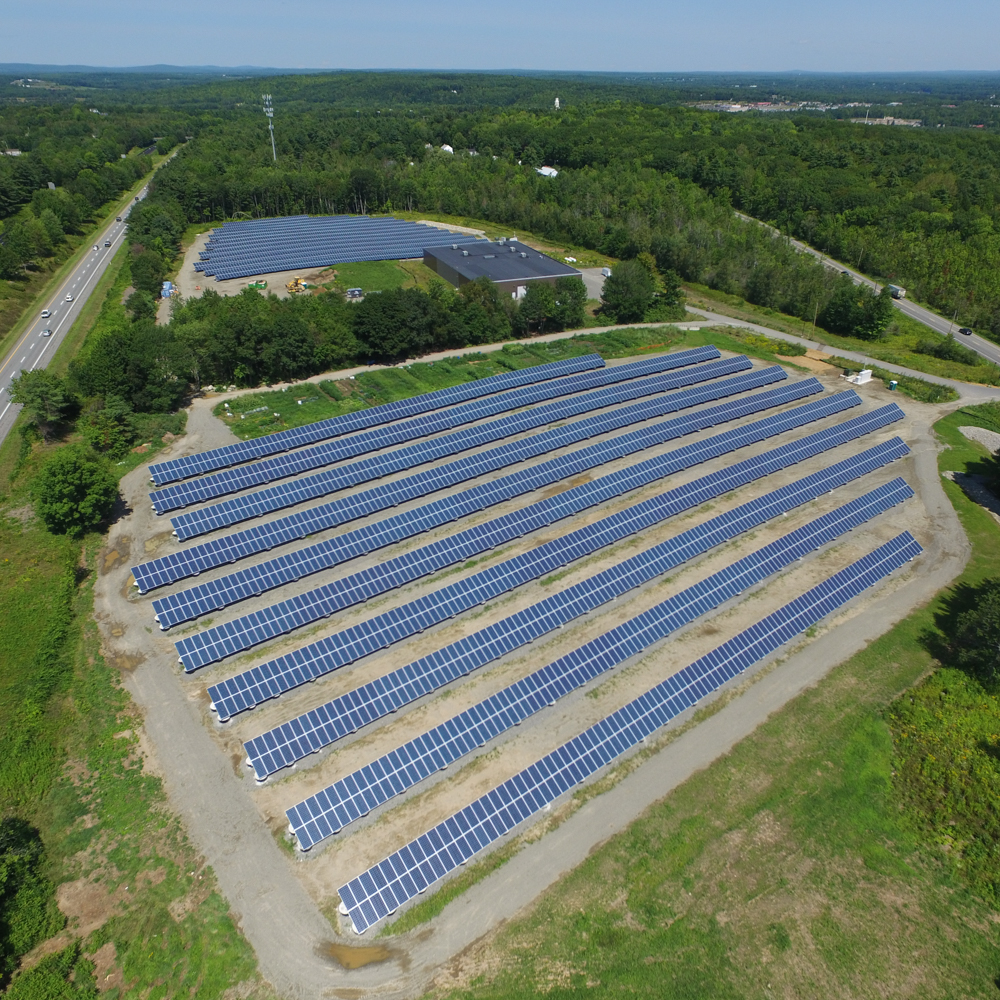While solar has been around for decades and its benefits are well known, communities are naturally curious when they hear about solar development in their own town, especially when they hear it called by a new name: community solar.
Community solar is when homes or businesses sign up for power from a shared solar farm, not on their roof. This helps them support solar energy, even if they can’t put panels on their property. There are also surprisingly big benefits for towns that host these solar projects.
In this blog, we’ll look at how community solar helps local towns that host solar farms, from creating jobs to improving air and water quality.
Environmental Benefits
One of the biggest benefits of community solar is how it helps the environment.
Each new community solar project connected to the power grid means we get more clean energy and less pollution and carbon emissions. This helps fight climate change and its associated extreme weather patterns, such as rising sea levels, more natural disasters, and endangerment and extinction of species in disappearing habitats. Solar energy also creates less air and water pollution compared to burning fossil fuels like coal and oil.
On a micro-scale, solar farms can even be designed to provide refuge for local plants and animals, particularly pollinators like bees and butterflies, which are facing dwindling numbers. With this in mind, many solar farms are developed to allow for the growth of local wildflowers on the land underneath them, creating a healthy ecosystem that supports pollinators and the survival of heirloom varieties of native plants. Solar panels are carefully designed to have minimal impact on the ground beneath them. After the lease term of a solar farm is up (often 20-30 years), the panels can be removed and recycled, allowing the land to be repurposed, even for land-intensive uses such as growing crops.
Benefits to Households
Clean air and water are good for the planet and help families stay healthy. Sadly, people who live near oil refineries and coal power plants often have higher health risks, like cancer. In fact, research published in the Journal of the National Cancer Institute indicates that proximity to an oil refinery is associated with a statistically significantly increased risk of incident cancer diagnosis across all cancer types. Switching to clean energy, like community solar, is better for public health.
Community solar also helps families save money. By subscribing to community solar, households get bill credits, making their energy bills lower than those who don’t use community solar. Expanding local access to clean energy through programs like community solar creates tangible benefits, reducing the energy burden for millions of households.
Benefits to the Local Economy
Community solar projects are great for the local economy. The community solar industry creates jobs in construction, engineering, operations and maintenance, and much more. This also has downstream effects; during the construction of a new solar project, workers frequent local restaurants, hotels, and gas stations, supporting local main street businesses. In addition, solar farms generate hundreds of thousands of dollars of property taxes over their operational lives, creating new funds for area schools, libraries, and road repairs.
Farmers benefit from community solar too. The solar farms are built on land that is rented from local landowners, including farmers. For 20-30 years, the landowners get payments for letting the community solar farm use their land. This is especially helpful for farmers who may have had a tough few years struggling with low crop yields caused by extreme weather patterns and climate disasters, as well as trade wars and the rising cost of agricultural inputs like fertilizer. With solar farming, farmers who may struggle to make ends meet only farming corn or wheat can find financial stability by “harvesting sunshine” on their land.
The Benefit of Resiliency
Community solar farms are part of something called “distributed generation,” which means they provide power from local sources rather than big power plants that are centralized and far away from the customers they are supplying. This helps make the power system stronger, especially during storms or other disasters. If one power plant goes down, a whole town might lose electricity. But with community solar, power comes from several local places, so fewer people are affected by an outage. This makes the energy system more reliable and minimizes the scope, length, and overall impact of power failures.
Community Solar: An Abundance of Community Benefits
Community solar offers many benefits beyond providing clean energy. It helps families and businesses save money, improves air and water quality, makes the power grid more reliable, and supports the switch to renewable energy. If you’re thinking about joining community solar, reach out to SunCentral to learn more!



